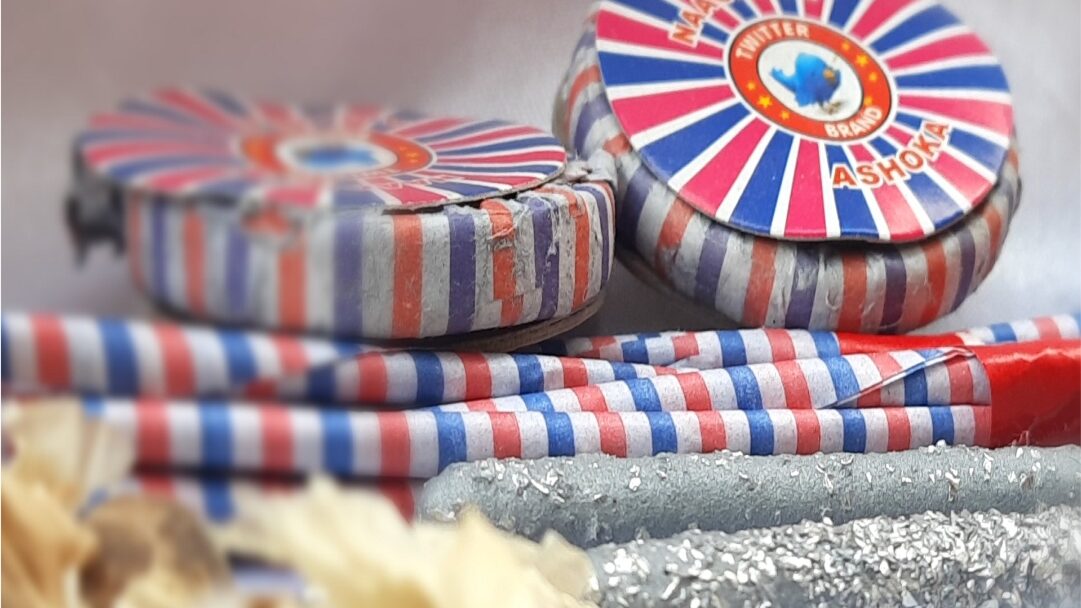What is Diwali?
Diwali is one of the well known and festival celebrated by millions of people around the world. The Diwali marks the victory of light over darkness and good over evil. The word “Deepavali” is derived from the Sanskrit words “Deepa,” means lamp or light, and “avali,” meaning row. Therefore, Deepavali translates to a “row of lights.” or festival of lights.

overview of the significance of each day of Diwali:
- Dhanteras (Day 1): This day marks the beginning of Diwali celebrations. People clean and decorate their homes, and it is considered auspicious to buy gold or silver on this day.
- Naraka Chaturdashi or Choti Diwali (Day 2): This day commemorates the victory of Lord Krishna over the demon Narakasura. People light oil lamps or diyas and burst fireworks.
- Diwali (Day 3): The main day of Diwali involves the worship of Goddess Lakshmi, the goddess of wealth and prosperity. People decorate their homes with lights and colorful rangoli, exchange gifts, and enjoy festive meals. Fireworks are a common part of the celebration.
- Govardhan Puja (Day 4): This day is dedicated to Lord Krishna and commemorates the lifting of the Govardhan Hill by Krishna to protect the villagers from the wrath of Lord Indra.
- Bhai Dooj (Day 5): The last day of Diwali is dedicated to the bond between brothers and sisters. Sisters perform aarti for their brothers and apply tilak on their foreheads, symbolizing love and protection.
The festival signifies the victory of light over darkness and good over evil. It’s a time for family gatherings, feasts, the exchange of gifts, and spreading joy and happiness. The lighting of lamps is particularly symbolic, representing the triumph of knowledge over ignorance. Different regions and communities may have variations in the way they celebrate Diwali, but the essence remains the same – the celebration of life and the triumph of goodness.
